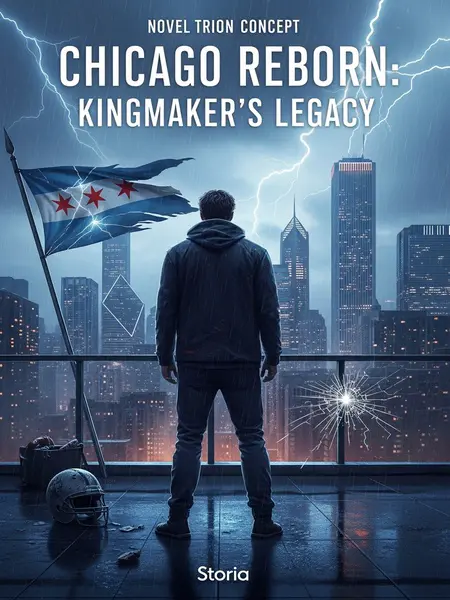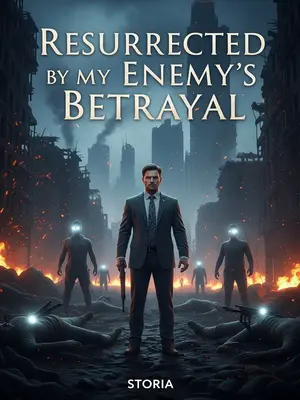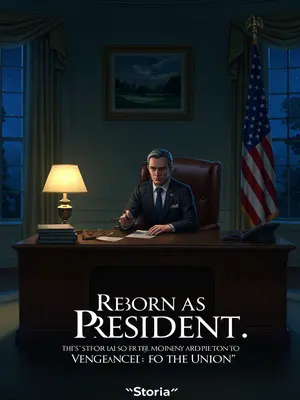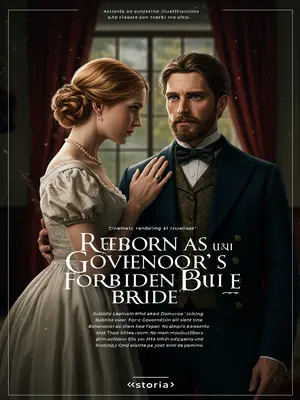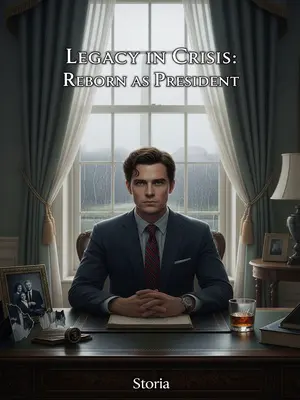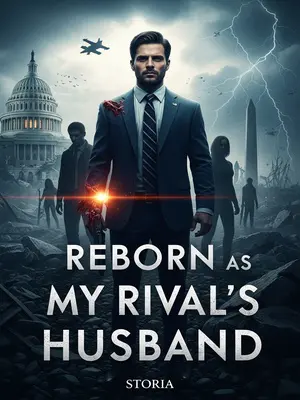Chapter 8: The Clash at Grand Rapids
Grand Rapids.
The place where, in the New York-Chicago contention, Samuel Young defeated Louis Banks’s 560,000 troops with 30,000 men.
The battlefield stretched for miles, the grass trampled, the air thick with anticipation. Harrison surveyed the scene, his heart pounding with excitement.
Armored and armed, Harrison led 50,000 troops, facing Samuel Young across the battlefield.
He couldn’t resist wanting to personally test himself against this peerless warrior.
So he put Henry Nash in command, made himself vanguard general, and with his 300 elite and William Lee, joined the front ranks as shock troops.
Harrison rode at the front, the wind whipping his hair, the weight of destiny pressing down. The men behind him watched, inspired by his courage.
Henry Nash, in the tent, stared at the map, his brows furrowed to the point of breaking.
The lantern flickered, casting shadows on Nash’s face. He muttered to himself, plotting every move, every counter.
"I know you’re a master strategist. Today I’ll be your vanguard—make sure you command well and don’t let me fall into danger."
Henry Nash remembered Harrison’s words before the campaign, cursing inwardly.
He rolled his eyes, muttering, “If you get yourself killed, they’ll blame me for a century.” But the challenge excited him.
First time commanding a large army and you insist on charging into the thick of battle, calling me a master strategist and putting me on the spot—never seen a president like this.
But regardless of Henry Nash’s thoughts, the battle was imminent.
With the signal flags waving,
Samuel Young and Harrison both led the charge, galloping toward the enemy lines.
The clash was thunderous, the sound of steel and hooves filling the air. Harrison’s heart raced, adrenaline surging as he faced his rival.
Harrison, a master archer, drew his bow and fired at Samuel Young.
The arrow flew, whistling past Young’s ear. Young ducked, sweat pouring down his face, the danger all too real.
Even Samuel Young, brave as he was, dared not be careless—he dodged the arrow, breaking out in cold sweat.
Then he roared, charging at Harrison with his halberd.
The two passed each other, weapons clashing briefly—Harrison’s arms dropped, his palms bleeding from the impact.
The pain was sharp, but Harrison grinned, the thrill of combat driving him forward. Young glared, respect and rivalry mingling in his eyes.
Samuel Young, calm and composed, reined in his horse, turned to glare at Harrison, eyes fierce.
"Mr. President, be careful!" William Lee, guarding Harrison, was terrified.
Lee’s voice cracked, fear and admiration blending. The men watched, breathless, as history unfolded before them.
Though Harrison’s arms trembled from Young’s blow, he exclaimed excitedly: "Excellent! Truly the Overlord of New York!"
He raised his bloody hands in salute, the gesture bold and defiant. The men cheered, the rivalry cemented in legend.
But he wasn’t foolish—excitement aside, another round might really cost him his life.
So, with William Lee’s urging, he withdrew to Young’s flank, no longer facing him head-on.
No one could match Young in direct combat. Even the proud Harrison had to admit it.
After shifting to the flank, Harrison and his guards cut down enemies with ease.
With injured hands, Harrison shot down ten enemy riders, then, responding to William Lee’s concern, laughed boldly: "I wield bow and arrow, you wield long spear—in an army of a million, we could charge in and out seven times, couldn’t we!"
This nearly moved William Lee, who was under punishment, to tears.
Lee wiped his eyes, the camaraderie and courage overwhelming. The men around them nodded, pride swelling.
As Harrison boasted, the Battle of Grand Rapids was essentially decided.
Samuel Young’s 30,000 troops and Henry Nash’s 50,000 fought to a draw.
Samuel Young lost 10,000, Henry Nash 5,000.
This was Young’s last proud achievement in the chaos.
Soon after, at Galesburg, he suffered his only and final defeat.
